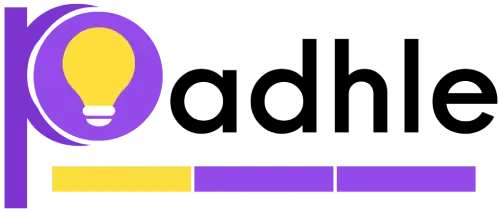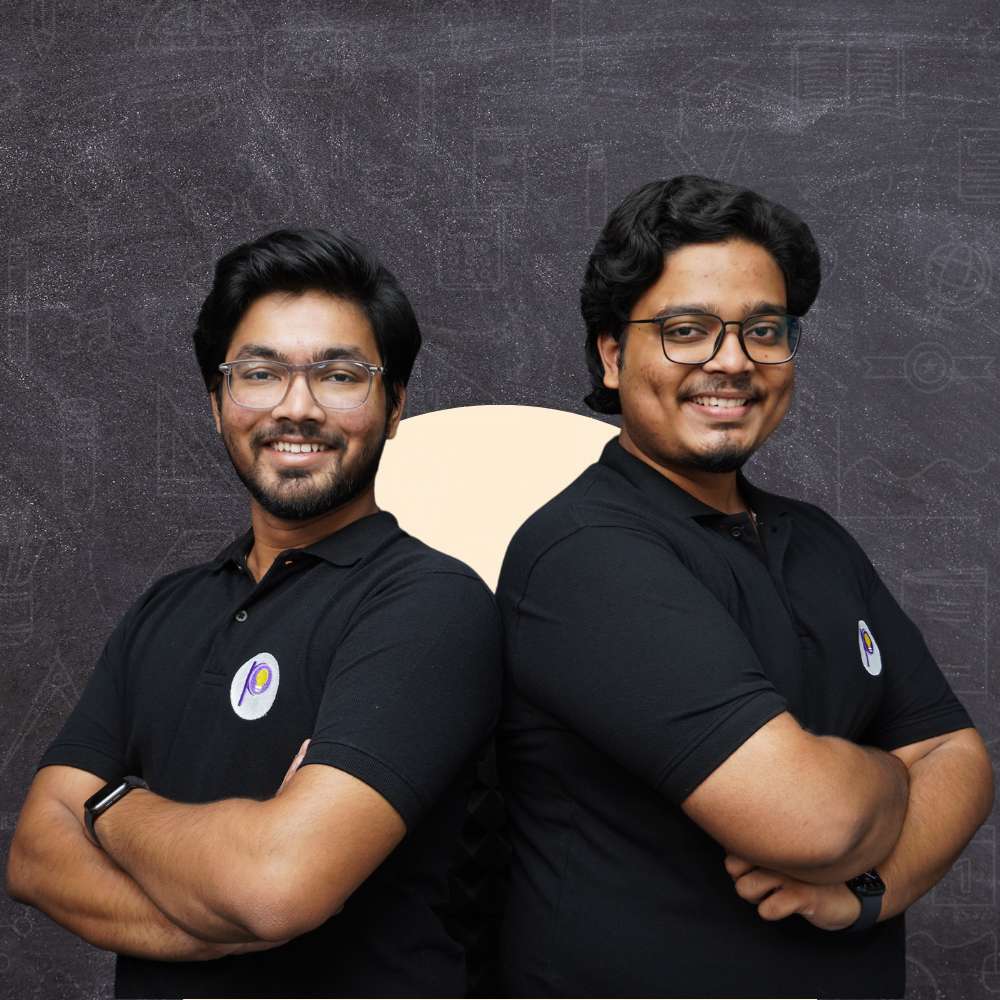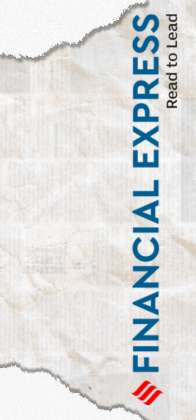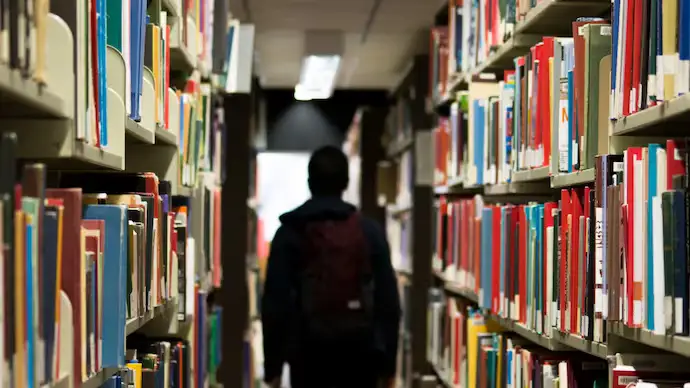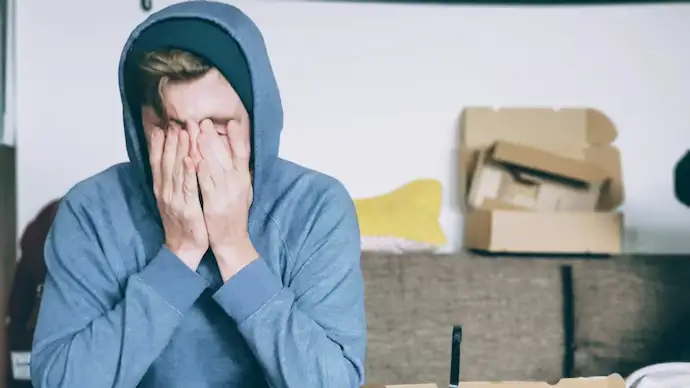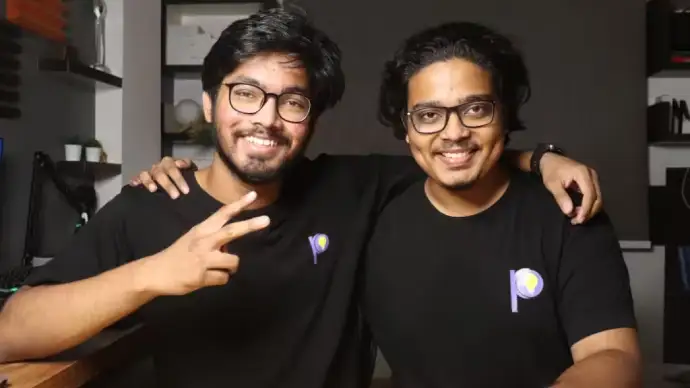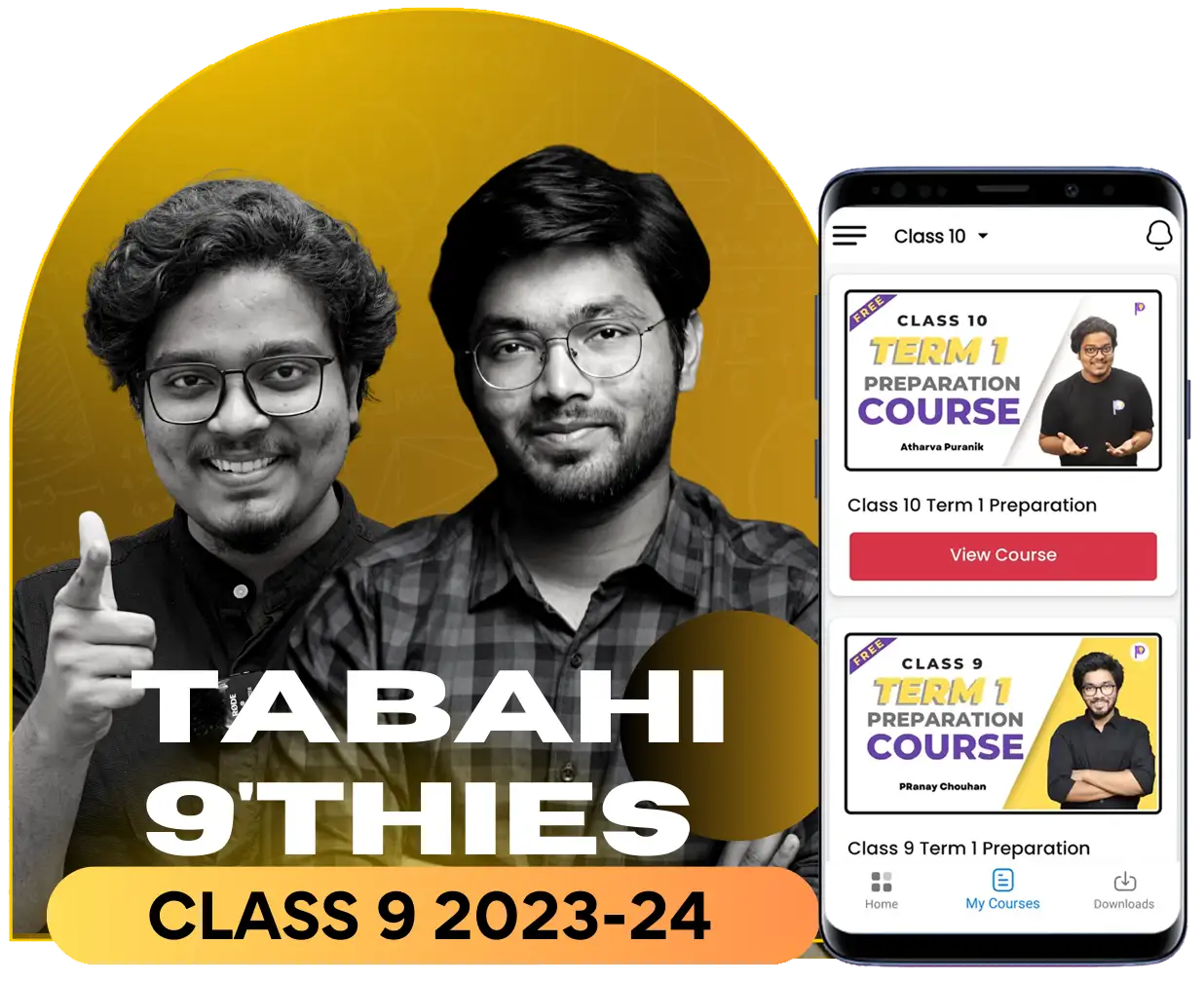NCERT Solutions Class 10 for Social Science Civics Chapter 6 Political Parties
NCERT Solutions Class 10 for Social Science Civics Chapter 6 Political Parties : In this post, we will share with you all the detailed NCERT Solutions of Class 10 Social Science Civics Chapter 6 Political Parties. This will contain both in-text and back-exercise questions for Science and Social Science, and all exercise questions for Mathematics. For all school and board level examinations, doing all the NCERT Questions is a must.
Why are NCERT Questions Important?
NCERT Questions and Answers not only help you get hold of concepts firmly and enhance your understanding, but also form the base of all types of questions asked in exams. Questions asked in exam are more or less the same type as mentioned in NCERT. Moreover, sometimes the questions in NCERT are directly asked in exams, as it is, without any changes.
Hence, it’s very important to understand NCERT Questions and Answers.
- Get NCERT Solutions of all Science Chapters of Class 10
- Get NCERT Solutions of all Mathematics Chapters of Class 10
- Get NCERT Solutions of all Social Science Chapters of Class 10
- Get Notes, PYQs, Free E-Books, and other material for Class 10
- Join our Telegram Channel for Latest Updates here
[adinserter block=”3″]
Class 10 Social Science Civics Chapter 6 Political Parties
[twy_show_add_bookmark]
Exercise Questions (Page 87-88)
Question 1:
State the various functions political parties perform in a democracy
Answer 1:
Following functions are performed by the political parties in a democracy:
1.In democracies, political parties contest elections for the formation of the government.
2.Various policies and programmes are prepared by the parties based on which the voter decides to vote.
3.When the political party form the government, it makes laws for the country.
4.Political parties which are in opposition put a check on the functioning of the government by criticizing them for any wrong policies or politics.
5.Parties by supporting various pressure groups and movements shape the opinion of the public.
6.Parties help people access the government machinery and help them utilize the benefits of the welfare schemes.
Question 2:
What are the various challenges faced by political parties?
Answer 2:
There are some challenges that political parties have to face:
a.The lack of internal democracy – If there is a concentration of power in the hands of one or only a few ministers in the party, it gives space to internal conflicts.
b.The dynastic succession – This has been in the political parties from time immemorial. The leader of the party sets a lineage and one after another, a dynastic succession keeps taking place, which affects the chances of other ministers in the party to gauge an effective position in the party.
c.Money and muscle power – The participation of smaller regional parties is lesser due to growing prominence of muscle and money power. These powers can mostly be seen during the election period where parties’ rich candidates can gain more votes using both of these.
Question 3:
Suggest some reforms to strengthen parties so that they perform their functions well?
Answer 3:
Some reforms to strengthen parties are:
A law should be made to regulate the internal affairs or conflicts of political parties.
The 1/3rd representation in each party should be given to women candidates.
Persons having criminal records should not be allowed to take part in elections.
There should be state funding of elections so that candidates coming from a poor background stand an equal chance to win. This may reduce the influence of money in elections.
Question 4:
What is a political party?
Answer 4:
A political party is a group of people who come together to contest elections and hold power in the government. They agree on some policies and programmes for the society, with a view to promoting the collective good.
[adinserter block=”3″]
Question 5:
What are the characteristics of a political party?
Asnwer 5:
The political party has the following characteristics:
a.They have members who share the same interests in policies and programmes.
b.They seek to introduce policies which are for the welfare of the citizens.
c.There are three components – leader, active members and followers.
Question 6:
A group of people who come together to contest elections and hold power in the government is called a _________.
Answer 6:
A group of people who come together to contest elections and hold power in the government is called a political party.
Question 7:
Match List-I (organisations and struggles) with List-II and select the correct answer using the codes given below the lists:


Answer 7:

Question 8:
Who among the following is the founder of the Bahujan Samaj Party?
A. Kanshi Ram
B. Sahu Maharaj
C. B.R. Ambedkar
D. Jotiba Phule
Answer 8:
A. Kanshi Ram
Question 9:
What is the guiding philosophy of the Bharatiya Janata Party?
A. Bahujan Samaj
B. Revolutionary democracy
C. Integral humanism
D. Modernity
Answer 9:
D. Modernity
Question 10:
Consider the following statements on parties.
A.Political parties do not enjoy much trust among the people.
B.Parties are often rocked by scandals involving top party leaders.
C.Parties are not necessary to run governments.
Which of the statements given above are correct?
A, B, and C
A and B
B and C
A and C
Answer 10:
(b) A and B
[twy_show_add_bookmark]
[adinserter block=”3″]
For More Content related to Class 10 –
- Get NCERT Solutions of all Science Chapters of Class 10
- Get NCERT Solutions of all Mathematics Chapters of Class 10
- Get NCERT Solutions of all Social Science Chapters of Class 10
- Get Notes, PYQs, Free E-Books, and other material for Class 10
- Join our Telegram Channel for Latest Updates here
[adinserter block=”3″]
